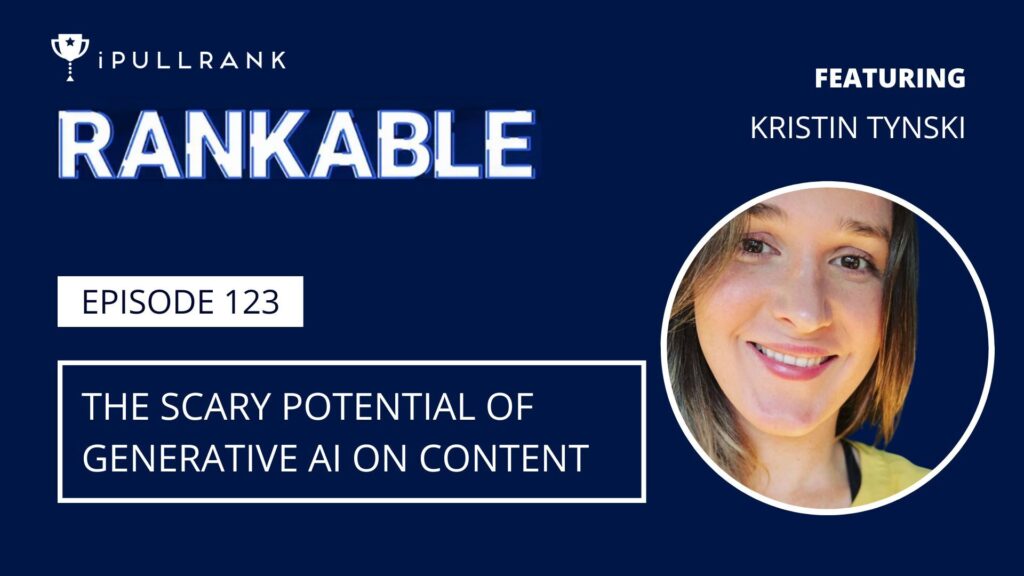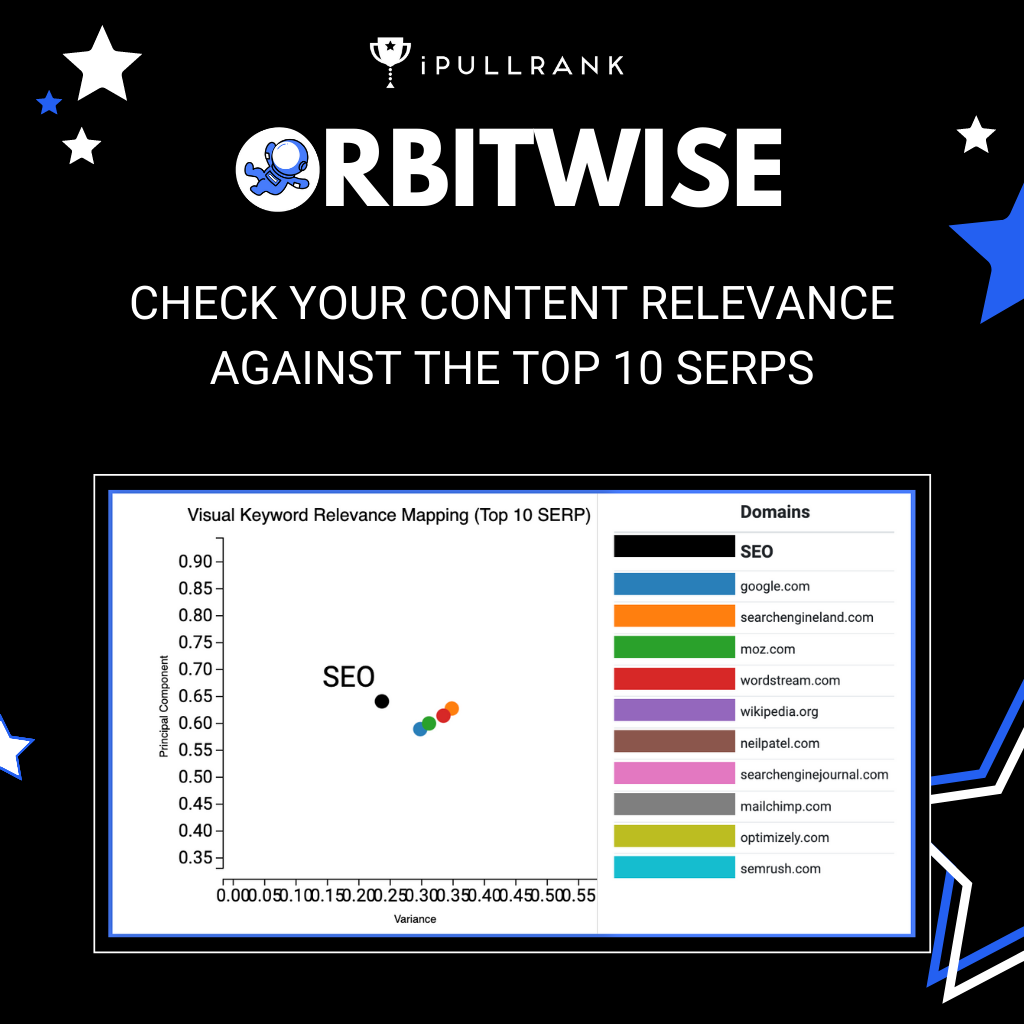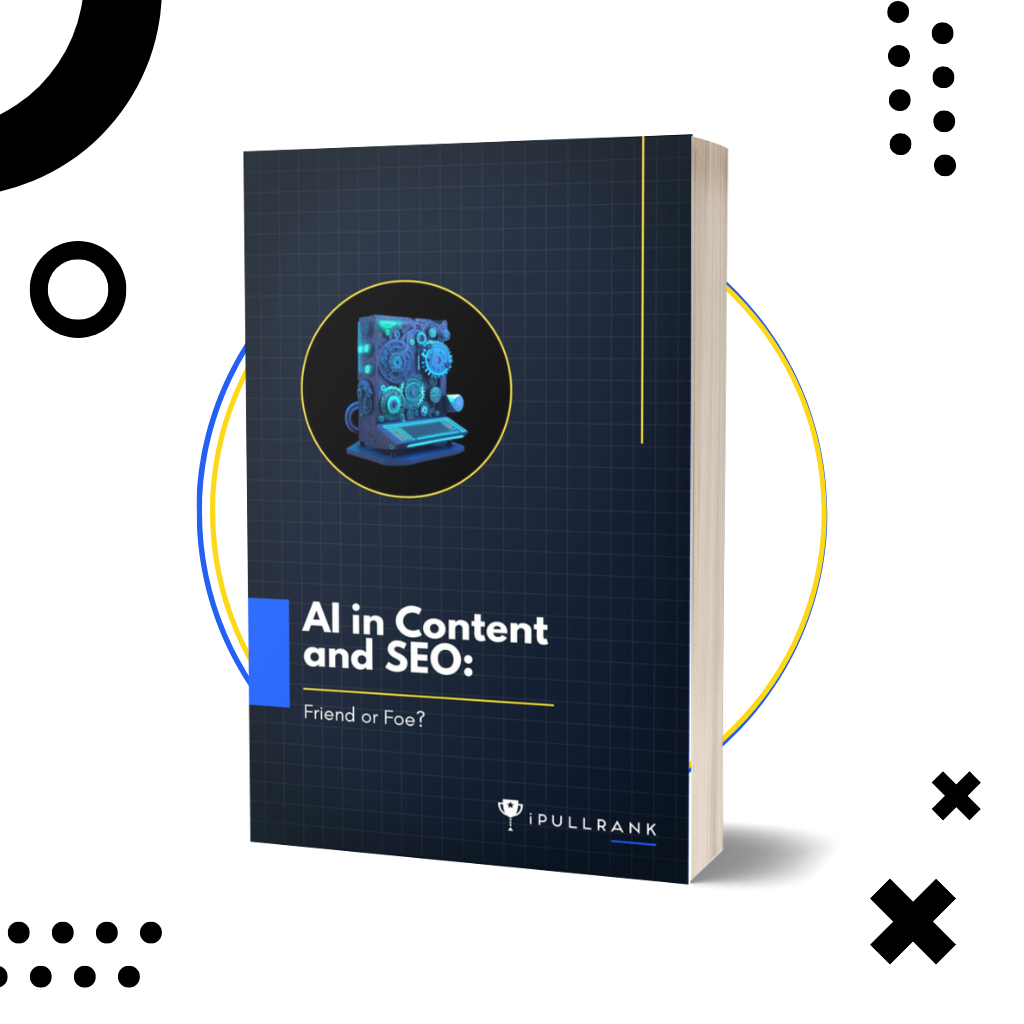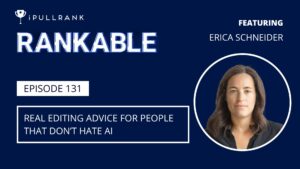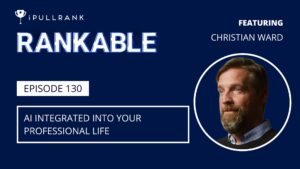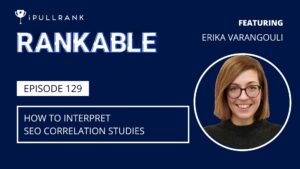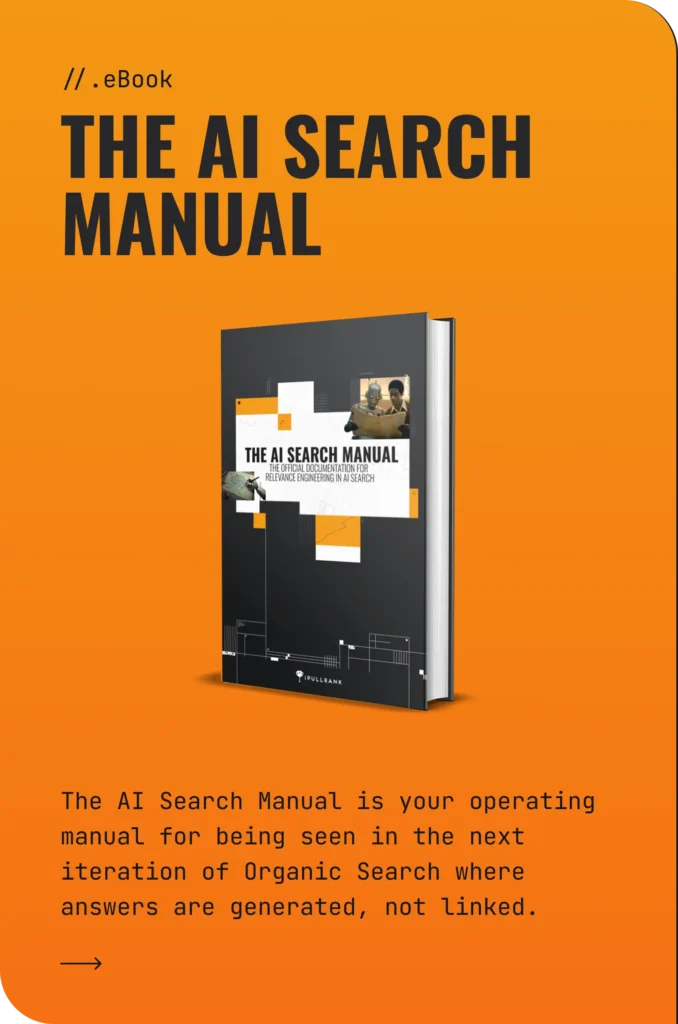The Rankable Podcast
The Scary Potential of Generative AI on Content
Featuring Kristin Tynski
In episode 123, we welcome Kristin Tynski for a deep dive into the dynamic world of Generative AI.
We chat about the wealth of new developments over the last year in Generative AI and some key takeaways from OpenAI’s Dev Day presentation earlier this month. Kristin shares some thoughts on how organizations can effectively adopt Generative AI, offering actionable insights for businesses.
We also discuss the importance of incorporating subject matter expertise into AI systems for enhanced accuracy and relevance and Kristin gives a few predictions for what the world of AI could look like in 2024.
Episode Time Stamps
[0:00] Intro
[2:10] The Last Year in Generative AI
[5:47] GPT 3.5 Expectations vs Reality
[7:51] Biggest Takeaways from OpenAI DevDay
[11:17] How Your Organization Can Adopt Generative AI?
[16:43] Incorporating Subject Matter Expertise
[21:34] How Trustworthy are Generative AI Results?
[24:50] AI Predictions for 2024
[33:25] Rapid Fire Rankings
Listen on your favorite platform
This Week's guests
Kristin Tynski
Title: Co-Founder
Company: Fractl
Bio: Kristin is Co-Founder of Fractl, a firm specializing in assisting brands to generate engaging content and secure media coverage from leading news outlets. Her expertise spans 15 years and encompasses over 5,000 successful content marketing campaigns, benefiting startups, Fortune 500 companies, and small-to-medium businesses.
Website: https://www.frac.tl

Top 3 of anything:
My Daughter
My Wife
Running a Family Business
Rank your best SEO marketing win:
Around the time of the George Floyd situation, everyone was feeling incredibly frustrated and wanted to contribute in some way to the massive issue of police brutality and misconduct.
Serendipitously, in the months before that, I had been working on a content idea for a site called Lawsuit.org, owned by Fractl. The goal was to come up with something interesting and newsworthy. I realized through some Fractl work that my local county has a database of all arrest and traffic stop records.
This was fascinating because it could be used as a dataset to understand what’s happening in your county and how police are interacting with the population, like who they’re arresting, where, and the demographic information of those arrested.
We undertook a large scraping project to gather all the data we could from Palm Beach County, looking at police activities, anomalies, and if certain officers had disproportionately high arrest rates of African American people. While we found some anomalies, nothing was super groundbreaking. However, it proved that you could scrape a county’s police data and identify potential issues.
I published this on Hacker News, Reddit, and other platforms. The content did really well, especially on Reddit, likely due to its coincidence with the George Floyd situation. People were looking for tangible ways to contribute.
I suggested on Reddit the idea of doing this for every county, not just Palm Beach County. The concept was to build a system aggregating county-level information from police departments across the United States, allowing citizen journalists and others to explore local police activity and data. This would be a large, involved process due to the varied and often antiquated systems counties use to make data available online.
The idea was to start an open-source, nonprofit initiative to write scrapers for these locations, build a database of where this data exists in every county, and push for better access to public information for deeper analysis.
The Reddit post went viral, leading to a Slack group where about 2,500 people joined in a few days. It self-organized from there, with little input from me after the first few weeks, turning into a community. A law firm helped turn it into a nonprofit, which received $250,000 in funding. Now, it’s a legitimate nonprofit, which I’m not involved in day-to-day, but it’s working towards making police data more available and understandable, ultimately helping people understand what’s going on more effectively.
Rank your top 3 SEO tools:
BONUS: Appify
Rank your best SEO or trick or tactic:
Creating content that is truly adding new and newsworthy information, which requires doing some sort of data analysis.
You need to create something really that hasn’t existed before, and that is adding value in an entirely new way.
Rank what you love most about the SEO industry:
I love how dynamic it is. I love how quickly it changes.
Rank your top 1-3 marketers:
Rank your best SEO learning resource:
I think for the more advanced stuff, you’re going to find the most interesting, cutting-edge stuff inside of closed groups.
Rank your top cause or charity:

Host: Garrett Sussman
Title: Demand Generation Manager
Garrett loves SEO like the 90s loves slap bracelets.
Each week he interviews the most interesting people in the world (of SEO). When he’s not crafting content, he’s scouting the perfect ice coffee, devouring the newest graphic novels, and concocting a new recipe in the kitchen.
Get insights, stories, and strategies from a range of practitioners and executives leading the charge in SEO.
Enjoy this podcast? Check out Garrett’s video show round-up of everything search engine optimization: The SEO Weekly
